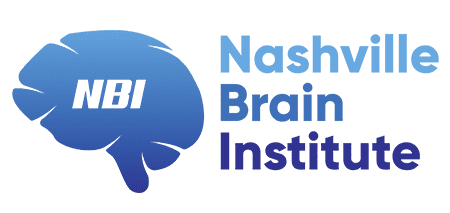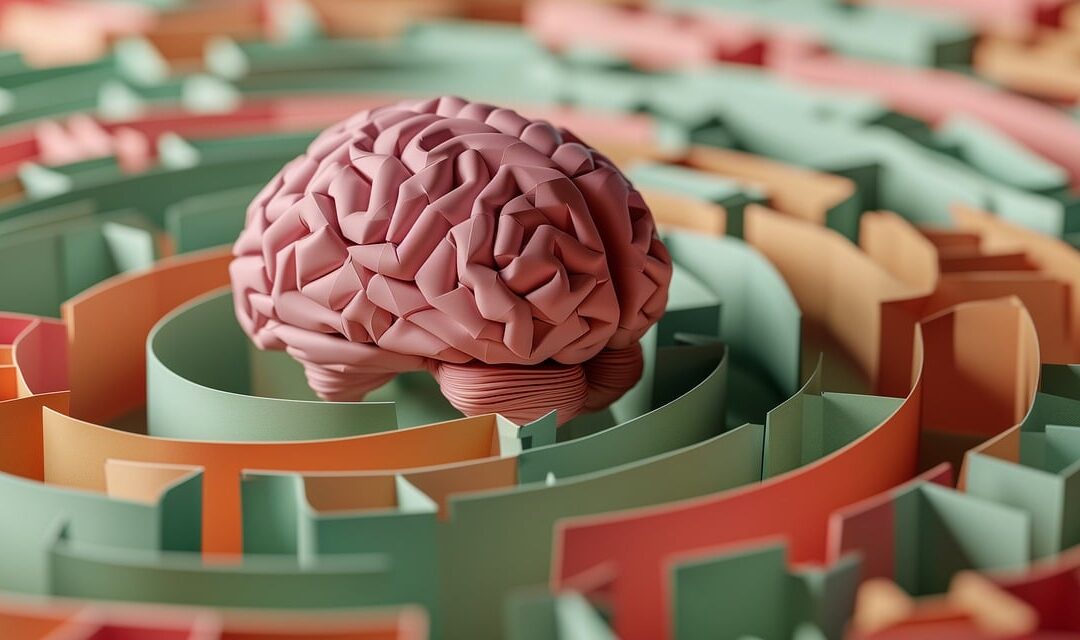Attention Deficit Hyperactivity Disorder (ADHD) is a common neurodevelopmental disorder that affects both children and adults. Characterized by symptoms such as inattention, hyperactivity, and impulsivity, ADHD can significantly impact daily functioning and quality of life. Early and accurate diagnosis is essential for effective management and treatment. In this post, we’ll explore the general process of diagnosing ADHD and why it is crucial.
What is ADHD?
ADHD is a disorder that affects a person’s ability to focus, control impulses, and maintain appropriate levels of activity. It is typically categorized into three types:
Type 1: Predominantly Inattentive Presentation:
Difficulty paying attention to details, following instructions, and staying organized.
Type 2: Predominantly Hyperactive-Impulsive Presentation:
Excessive fidgeting, talking, and difficulty staying seated or waiting their turn.
Type 3: Combined Presentation:
Symptoms of both inattention and hyperactivity-impulsivity are present.
Importance of Diagnosing ADHD
Diagnosing ADHD is important for several reasons:
Early Intervention:
Early diagnosis allows for timely intervention, which can help manage symptoms and improve outcomes.
Personalized Treatment Plans:
Accurate diagnosis leads to tailored treatment plans that address individual needs.
Improved Quality of Life:
Proper treatment can enhance academic performance, work productivity, and social relationships.
Mental Health:
Managing Attention-deficit/hyperactivity disorder symptoms can reduce the risk of associated mental health issues such as anxiety and depression.
The Diagnostic Process
Diagnosing ADHD involves a comprehensive evaluation by a healthcare professional.
Clinical Interview
The diagnostic process begins with a thorough clinical interview with the patient and, in the case of children, their parents or caregivers. This interview gathers detailed information about the patient’s medical history, developmental milestones, behavior, and symptoms.
Behavioral Assessments
Standardized behavioral rating scales and questionnaires are used to assess the frequency and severity of Attention-deficit/hyperactivity disorder symptoms. These assessments are completed by parents, teachers, or the patient themselves. Commonly used tools include the Conners’ Rating Scales and the Vanderbilt ADHD Diagnostic Rating Scale.
Observation
Direct observation of the patient’s behavior in different settings, such as at home, school, or the workplace, can provide valuable insights. This helps to identify any patterns of behavior that are consistent with ADHD.
Neuropsychological Testing
Neuropsychological testing evaluates cognitive functions such as attention, memory, executive functioning, and problem-solving skills. These tests help to identify any deficits or areas of concern that may be related to ADHD.
Nashville Brain Institute also utilizes AI-assisted QB Testing as a valuable tool in measuring core symptoms of ADHD.
Medical Examination
A comprehensive medical examination is conducted to rule out any other medical conditions that could be causing the symptoms. Conditions such as sleep disorders, thyroid problems, and hearing or vision issues can mimic or exacerbate ADHD symptoms.
Collateral Information
Gathering information from other sources, such as teachers, coaches, or colleagues, can provide a more complete picture of the patient’s behavior and functioning across different environments.
For more detailed information on the ADHD diagnostic process, you can visit the Centers for Disease Control and Prevention (CDC).
Challenges in Diagnosing ADHD
Diagnosing ADHD can be challenging due to the overlap of symptoms with other conditions such as anxiety, depression, learning disabilities, and behavioral disorders. Additionally, ADHD symptoms can vary widely among individuals, making it essential to conduct a thorough and individualized assessment.
NBI also offers fNIRS Brain Imaging to assist in evaluating and guiding treatment plans
Treatment Options for ADHD
Once a diagnosis is confirmed, a comprehensive treatment plan can be developed which could include:
Medications
Stimulants:
New medications are always being developed. Historically methylphenidate (Ritalin) and amphetamines (Adderall) have been commonly prescribed and have been shown to be highly effective in reducing ADHD symptoms.
Non-Stimulants:
Medications such as atomoxetine (Strattera) and guanfacine (Intuniv) are alternatives for those who do not respond well to stimulants.
Behavioral Therapy
Behavioral therapy helps patients develop coping strategies and skills to manage their symptoms. This can include cognitive-behavioral therapy (CBT), social skills training, and parent training programs for children with ADHD.
Educational Support
Educational interventions such as individualized education plans (IEPs), 504 plans, and classroom accommodations can support academic success for children and adolescents.
Lifestyle and Environmental Modifications
Creating structured routines, organizing the environment, and implementing time-management strategies can help individuals with ADHD manage their daily tasks more effectively.
Tying it all Together
ADHD is a complex condition that requires a thorough and accurate diagnosis for effective treatment. At Nashville Brain Institute, we are dedicated to providing comprehensive evaluations and personalized treatment plans to help individuals with ADHD achieve their full potential. If you or a loved one is experiencing symptoms of ADHD, seeking a professional diagnosis is the first step towards better management and improved quality of life.
For further reading and resources on ADHD, visit the Centers for Disease Control and Prevention (CDC)
Schedule a Consultation
If you suspect that you or a loved one may have ADHD, schedule a consultation with one of our highly qualified providers at Nashville Brain Institute today. Our team of experts is here to offer accurate diagnosis and effective treatment options to help you thrive. Click the Get Started button below to book your appointment now.

